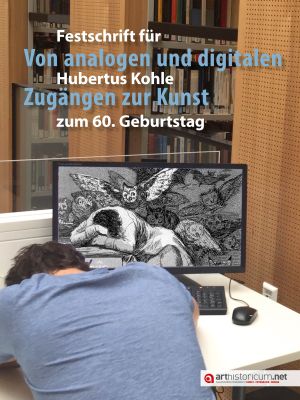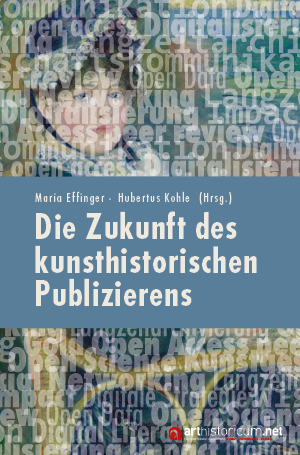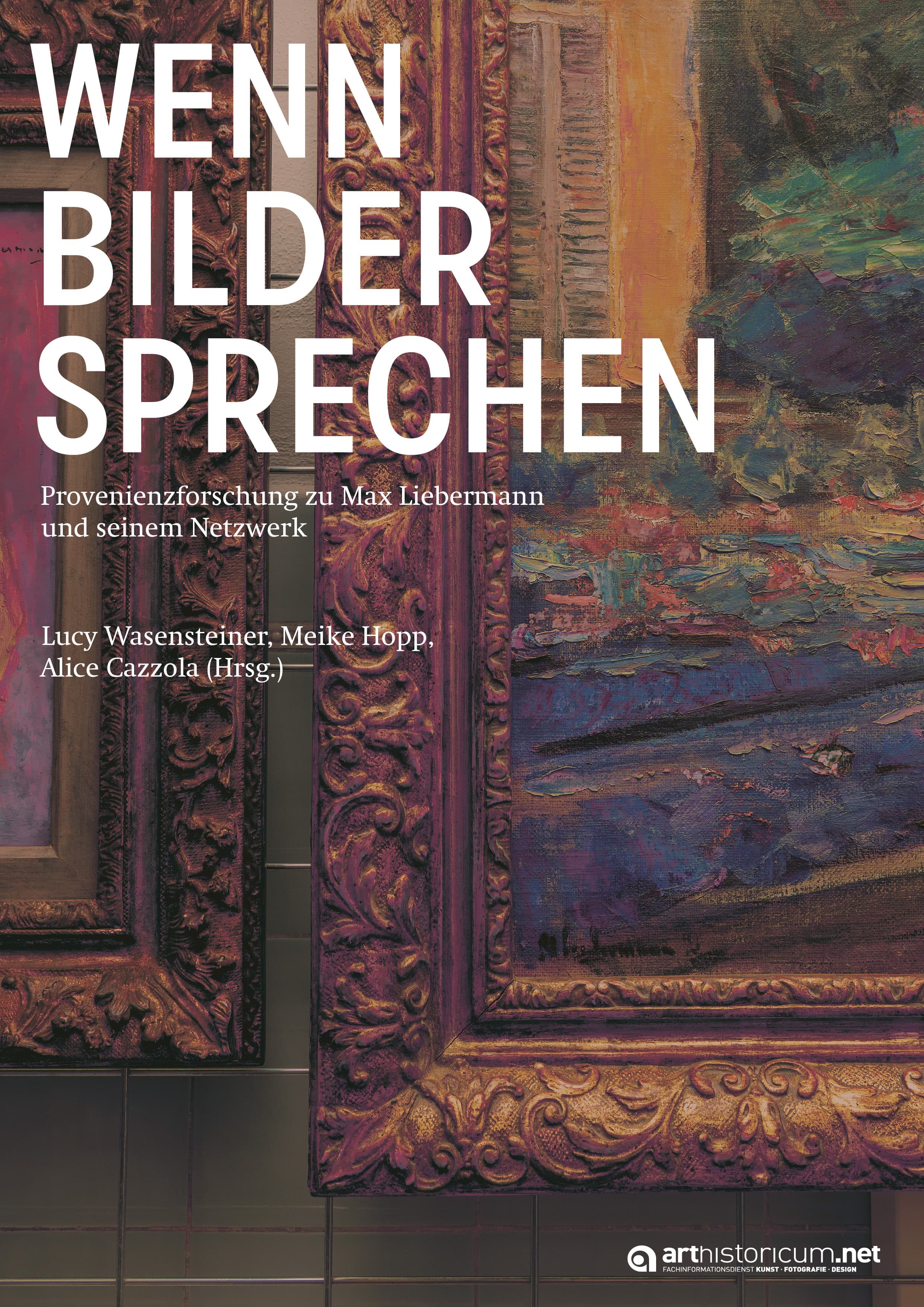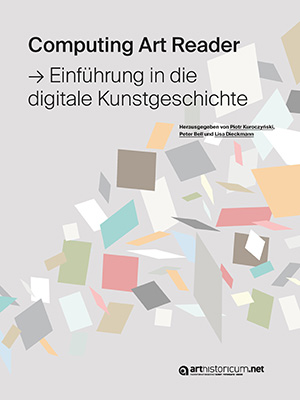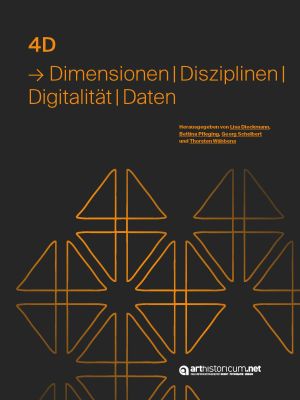Effinger, Maria
Von analogen und digitalen Zugängen zur Kunst: Festschrift für Hubertus Kohle zum 60. Geburtstag
Hubertus Kohle is an art historian and professor who has made a name for himself in Germany especially with his research on the art of the European Enlightenment and the nineteenth century. He opened up his discipline early on to digital processes and concepts and has been committed to electronic publishing in Open Access for years. As one of the two directors of the renowned DFG Priority Programme "The Digital Image", he is currently also working on a multidisciplinary approach to the subject of the digital. On the occasion of his 60th birthday, he was honoured by numerous friends and academic companions with this commemorative publication, the content of which ties in with the focal points of his work - from the analogue beginnings dedicated to the art of the Age of Enlightenment to the current field of "digital art history". This commemorative volume is understood as an experimental online publication that was presented first to the birthday celebrant in a purely virtual version and is now also available as e-book.
Die Zukunft des kunsthistorischen Publizierens
Scientific publishing is in a state of upheaval, and no one can avoid the universal game changer that is digital. It is highly doubtful whether the printed book will be the standard model in this field in the future. Instead, the internet offers itself as an extremely flexible medium, which clearly offers both added value and a common method of reception. The many possibilities that digital publishing opens-up are examined in this volume, in a series of 14 essays from an art historical perspective.
The proceedings are published not only as a PDF e-book, HTML version and print-on-demand edition, but also as an XML version enriched with standards data tagging.
Wenn Bilder sprechen: Provenienzforschung zu Max Liebermann und seinem Netzwerk
Thanks to financial support from the German Lost Art Foundation, since 2020 the Liebermann-Villa in Berlin has been able to conduct a provenance research project into its permanent collection, with a particular focus on cultural objects displaced as a result of National Socialist persecution. This volume results from the 2021 conference “Provenance Research, Max Liebermann and his Network. Reports from the Field” staged in collaboration with the Technische Universität Berlin. The book is published on the occasion of the exhibition “When Pictures Speak. Provenance Research in the Collection of the Liebermann-Villa” (Liebermann-Villa am Wannsee, October 2022 to March 2023). The volume explores, among other themes, provenance research into Max Liebermann and his network in archives, on the art market, in museums and in academia.
Computing Art Reader: Einführung in die digitale Kunstgeschichte
Der Arbeitskreis Digitale Kunstgeschichte versteht sich als Netzwerk, das digitale Methoden im Fach Kunstgeschichte stärkt und gleichsam bildwissenschaftliche Forschung weitreichender in den Digital Humanities etabliert. Dazu richtet sich das Engagement des Arbeitskreises und seiner Mitglieder nicht nur auf die Weiterentwicklung digitaler Infrastrukturen und Werkzeuge, sondern auch auf die methodenkritische Vermittlung vielfältiger Ansätze digitaler Kunstgeschichte in der Lehre.
Der Computing Art Reader — Einführung in die digitale Kunstgeschichte stellt einen Schritt zur Umsetzung dieser Aufgaben dar. Studierende und Lehrende der Kunstgeschichte und der Digital Humanities erhalten einen ersten Überblick über die verschiedenen Inhalte und Institutionen der digitalen Kunstgeschichte; festgehalten durch einige der Akteurinnen und Akteure selbst. Die Texte bilden ein Mosaik aus theoretischen Essays, praxisnahen Projektbeschreibungen, Überblicken über Forschungszweige und kontroversen Positionstexten, in denen konkrete Technologien, aktuelle Diskurse und zukünftige Ziele des Teilgebiets ersichtlich werden.
4D: Dimensionen | Disziplinen | Digitalität | Daten
20 years ago, prometheus was launched as a distributed digital image archive for art history and image-based disciplines, marking a fundamental step for the digital transformation in the respective subjects. Since then, the contours of a future digitally supported science have become clearer. The Digital Humanities are expanding the methodological field of the humanities, interdisciplinary collaboration to answer research questions is increasingly gaining acceptance, and the establishment of a National Research Data Infrastructure is laying the foundations for a science system in transition.
The 2021 anniversary conference discussed the transformation of the sciences under four perspectives (4D) and deliberately went beyond the subject boundaries of art history.
In this publication, the contributions appear successively. They are edited, have the final layout and are included unchanged in the full volume. Each early-view article receives a persistent DOI and is thus fully citable; only no pages can be given yet. Only when all articles are available will they be given page numbers. Please use the citation recommendation given in the PDF for the Early View. In addition to the e-book (PDF), a print edition will also be published.



